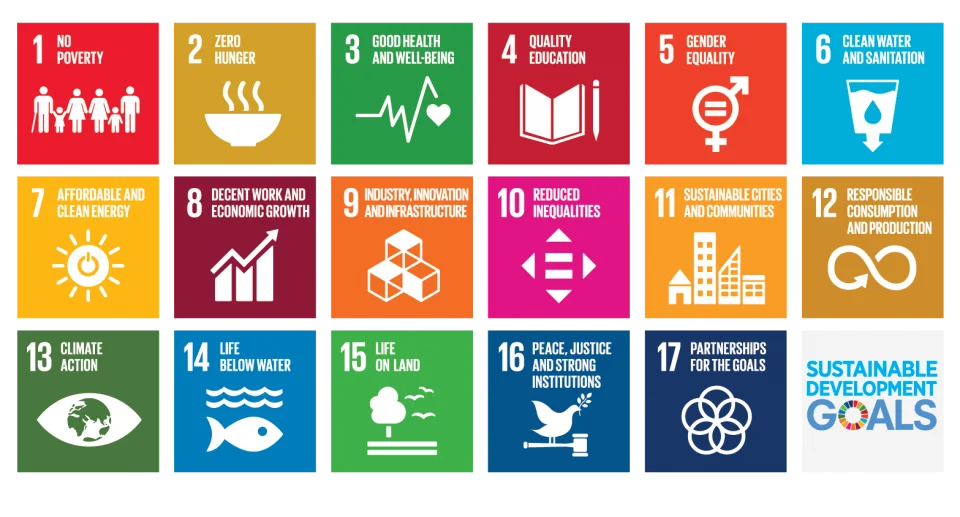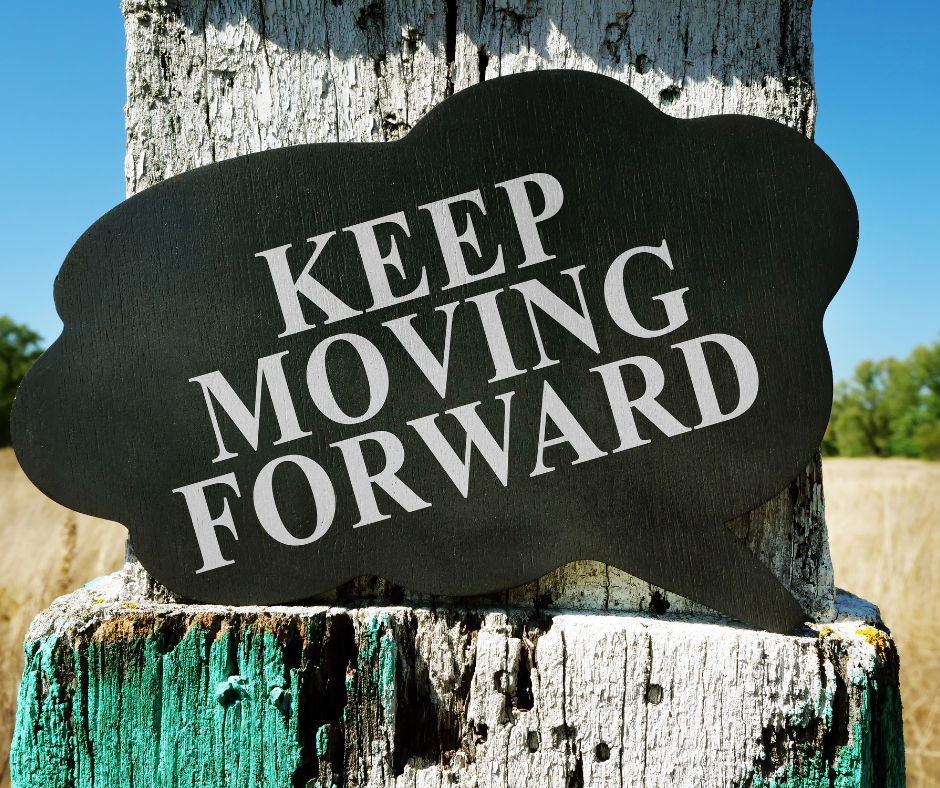In a world where love stories are celebrated and fairy tales promise happily ever afters, there exists a silent reality that many are hesitant to acknowledge: the choice of widows not to remarry. It’s a topic often veiled in societal assumptions and misconceptions. But behind closed doors and within the heart of every widow lies a story untold, a narrative that transcends cultural norms and societal pressures. As an advocate for widows’ voices, I’ve had the privilege of delving into these stories through my work with The Voice of Widows, an organization dedicated to amplifying their experiences and advocating for their rights.
The decision not to remarry isn’t born out of a lack of desire for companionship or love. It’s a deeply personal choice, shaped by a myriad of factors unique to each individual. For many widows, the pain of losing a spouse runs deep, leaving an indelible mark on their hearts and souls. The thought of opening themselves up to the possibility of love again can be daunting, as it means confronting the fear of experiencing such loss once more.
Moreover, societal expectations and stigmas surrounding widows often compound this reluctance to remarry. In many cultures, widows face ostracization, discrimination, and even condemnation if they choose to pursue romantic relationships after the loss of their spouse. They may be seen as betraying the memory of their late partner or deemed unfit for remarriage due to outdated beliefs and traditions.
Financial considerations also play a significant role in the decision-making process. In some cases, widows may find themselves thrust into newfound responsibilities and challenges following the death of their spouse. They become the sole breadwinners, caregivers, and decision-makers for their families. The prospect of navigating these responsibilities alone can make the idea of remarriage seem more like a burden than a blessing.
Furthermore, for widows who have children, the dynamics of remarriage become even more complex. There’s the concern of how a new partner will integrate into the family dynamic and the impact it will have on the children’s lives. The fear of disrupting the delicate balance they’ve worked so hard to maintain can outweigh any potential benefits of remarriage.
But amidst these challenges and complexities, it’s essential to recognize that the choice not to remarry is not a sign of weakness or failure. It’s a testament to the resilience, strength, and autonomy of widows everywhere. They have weathered the storm of grief and loss and emerged on the other side with a newfound sense of self-awareness and empowerment.
At The Voice of Widows, we strive to create a supportive and inclusive community where widows feel heard, valued, and understood. Through our advocacy efforts, we aim to challenge societal norms and dismantle the barriers that prevent widows from living their lives on their own terms. We believe that every widow deserves the right to choose her own path, whether that includes remarriage or not.
So the next time you encounter a widow who has chosen not to remarry, instead of passing judgment or making assumptions, take a moment to listen to her story. Behind her decision lies a wealth of wisdom, strength, and courage that deserves to be celebrated and honored. And through organizations like The Voice of Widows, we can ensure that every widow’s voice is heard and her choices respected.







